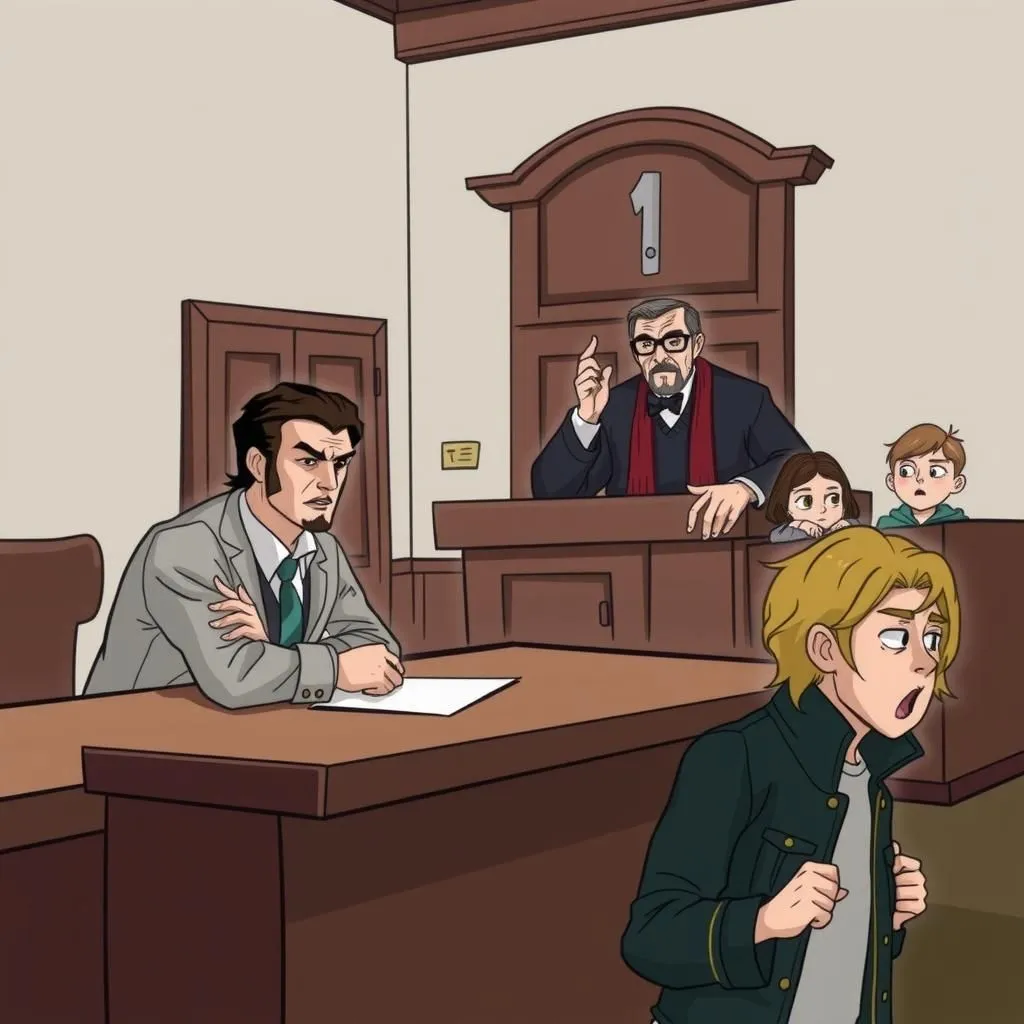
The Manslayer
In "The Manslayer," a murderer fleeing from the victim's relatives desperately seeks refuge in a tree by the Nile, only to find a serpent waiting for him. In his panic, he jumps into the river, where a crocodile swiftly catches him, illustrating that nature offers no sanctuary for criminals. This short and moral story serves as a powerful reminder that wrongdoers cannot escape their fate, making it an inspirational short story with a clear moral.


